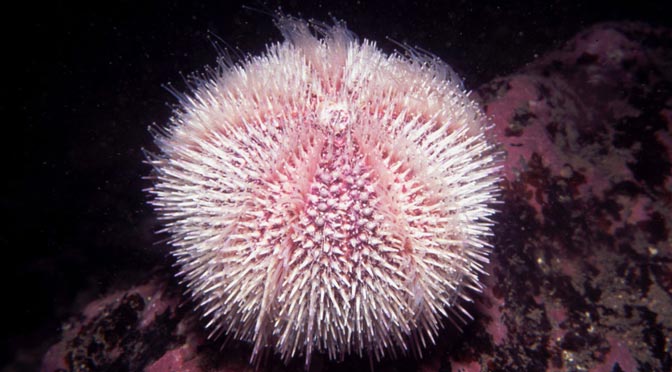Ocean warming is threatening coral reefs globally. Whenever sea temperatures rise in an area, coral reefs degrade. However, a new study has found that corals at or near the equator are less affected than corals elsewhere.
The findings from Florida...
Cuttlefish are renown for their tremendous camouflage capabilities - changing the colour and texture of their skin to match their surroundings. They have another weapon in their hide and seek armoury though - electric cloaking.
Materials commonly used in sunscreens are harmful to marine life. Research shows sea urchin embryos, plankton and coral all affected.
99.8% of shark fins come from Indo-Pacific: conservation efforts in Atlantic Ocean are working
What makes the Cuttlefish so good at controlling its colour and blending in with its surroundings? This month scientists at Harvard University and the Woods Hole Marine Biological Laboratory have helped answer that question.
It has been long known that...
Conserving wildlife across the world could significantly enhance natural carbon capture and storage, a new study has found.
Published in Nature Climate Change and co-authored by 15 scientists from eight countries, the study examined nine wildlife...
Venomous sea creatures often change their venom recipe, adapting the potency and recipe of their venom to suit changing predators and aquatic environments.
One of the extraordinary things about bull sharks is that they are as happy in freshwater as they are in the sea. They have even been seen far inland up the Mississippi river. Many spend time in...
Researchers solve some of pulsating soft coral (Xenid) mysteries, but their siestas still unanswered.
All clownfish start off as male, but can switch to female when circumstances allow, for example, when the only female present dies or disappears. In a new study, researchers found that the male-to-female sex-change occurs first in...



























